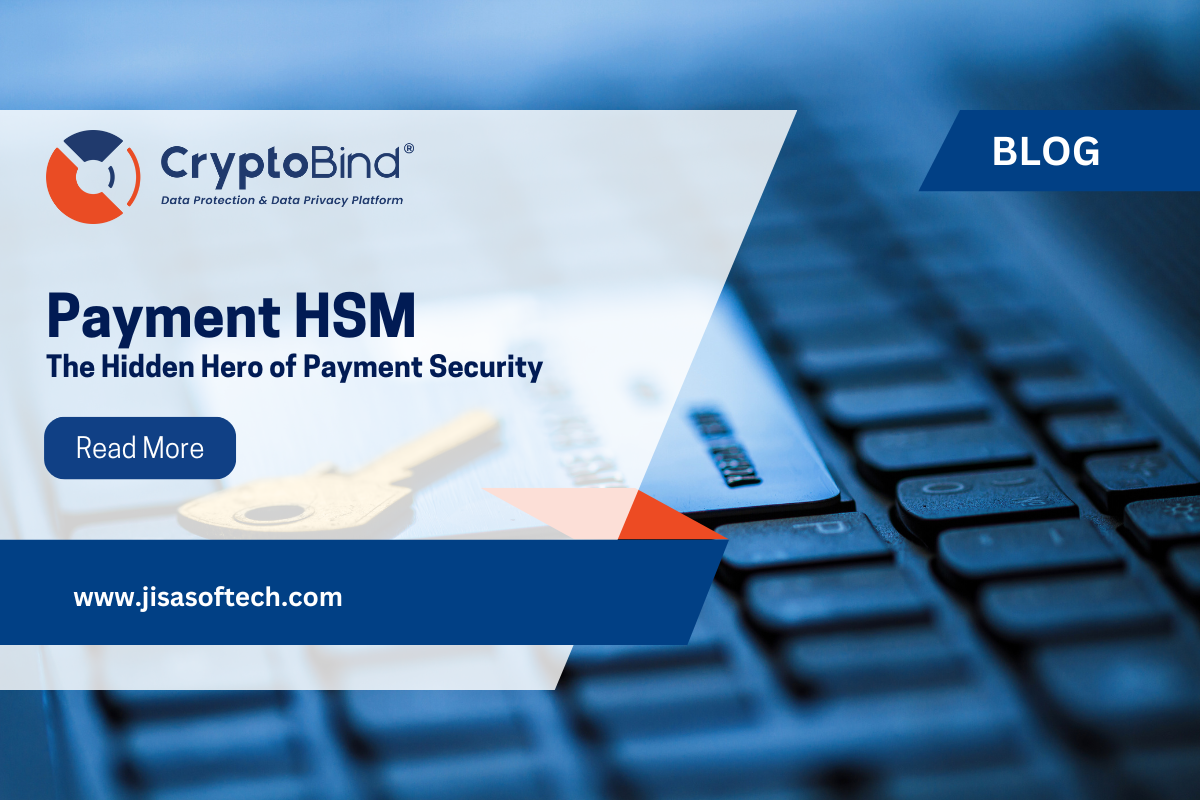In the rapidly advancing digital world, online transactions have become the standard practice, requiring a significant responsibility to maintain the security of sensitive payment data. With cyber threats constantly evolving, businesses and financial institutions must stay ahead of the curve to protect themselves. This is where Payment Hardware Security Modules (HSMs) come into play.
Payment HSMs are devices designed to ensure the security of the most sensitive aspect of transactions: payment data. From safeguarding cryptographic keys to encrypting cardholder information, these devices are built to withstand even the most sophisticated cyber threats. While some may question the necessity of Payment HSMs when standard encryption is in place, these modules offer an extra layer of protection by being physically and logically tamper-resistant, preventing unauthorized access to critical cryptographic keys or transaction data.
When it comes to payment processing, there are four key players involved: the cardholder, the merchant, the issuer, and the acquirer. Payment HSMs play a crucial role in securing transactions across all these corners. For cardholders, every swipe or tap is securely processed with encryption powered by Payment HSMs. Merchants rely on HSMs to encrypt and secure payment details, whether in-store or online. Financial institutions use Payment HSMs to manage cryptographic keys, ensuring transactions are both legitimate and secure. Meanwhile, businesses collaborating with merchants use Payment HSMs to securely manage key information during transactions.
In terms of compliance and security, Payment HSMs are essential for ensuring systems meet critical standards like PCI DSS, PCI PTS, and Common Criteria. This not only provides peace of mind to businesses but also ensures compliance with industry regulations. With data breaches on the rise in the payment industry, using Payment HSMs is crucial to protecting sensitive data from increasingly sophisticated hackers. These modules offer the strongest cryptographic protection, preventing unauthorized access to cardholder data, PINs, and cryptographic keys, among other transaction security aspects.
Aside from preventing data breaches, Payment HSMs are vital in combating fraud, ensuring secure key management, and preventing tampering. They offer scalability for businesses handling a high volume of transactions, adapting to growth while maintaining security. As the digital payment landscape evolves, the importance of Payment HSMs continues to increase. Emerging technologies like quantum computing may pose challenges to current cryptographic methods, making Payment HSMs even more essential in securing transactions for the future.
In today’s world where data breaches are prevalent and security is a top priority, businesses of all sizes, from startups to large financial institutions, need to prioritize the use of Payment HSMs to safeguard payment transactions and ensure compliance. The CryptoBind Payment HSM offers scalability, regulatory compliance, and the highest level of security for transactions. Taking action now to secure transactions with Payment HSMs is essential to prevent fraud and stay ahead of evolving cyber threats.
To learn more about how CryptoBind Payment HSM can secure your payment systems and help you mitigate cyber threats, contact us today without delay. Protecting your business and ensuring secure transactions is paramount in the digital age.


